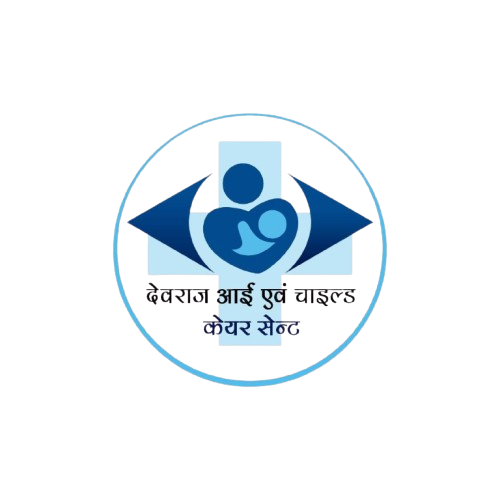Diarrhea and constipation are common digestive issues that affect people of all ages, from infants to adults. They both involve abnormal bowel movements but differ in frequency, consistency, and causes. These conditions can be uncomfortable and, if persistent, may lead to more serious health problems.
Diarrhea
Diarrhea is characterized by frequent, loose, or watery stools. It occurs when the digestive system moves food and waste too quickly through the intestines, preventing the body from absorbing enough water. This results in watery stools.
Causes of Diarrhea:
- Infections: Bacterial, viral, or parasitic infections (e.g., rotavirus, salmonella, E. coli).
- Food intolerances: Lactose intolerance or other sensitivities to certain foods.
- Medications: Antibiotics, antacids with magnesium, or chemotherapy can disrupt normal digestion.
- Digestive disorders: Conditions like irritable bowel syndrome (IBS), inflammatory bowel disease (IBD) like Crohn’s disease or ulcerative colitis.
- Stress and anxiety: Emotional stress can cause gastrointestinal upset.
- Contaminated food or water: Foodborne illnesses can lead to diarrhea.
Symptoms of Diarrhea:
- Frequent, loose stools
- Abdominal cramps or bloating
- Urgency to have a bowel movement
- Dehydration (dry mouth, dizziness, reduced urination)
Treatment of Diarrhea:
- Hydration: Drink plenty of fluids, such as water, oral rehydration solutions, or clear broths, to prevent dehydration.
- Medications: Over-the-counter medications like loperamide (Imodium) can help reduce symptoms. However, antibiotics or other treatments may be necessary for bacterial infections.
- Dietary changes: Avoid foods that can irritate the digestive system (spicy, fatty, or greasy foods). A bland diet like the BRAT diet (bananas, rice, applesauce, toast) may be helpful.
- Rest: Reducing stress and getting adequate rest can help the body recover.
Constipation
Constipation refers to infrequent, difficult, or painful bowel movements, often with hard and dry stools. It occurs when the colon absorbs too much water from the waste material, or when the bowel movements move too slowly through the digestive tract.
Causes of Constipation:
- Dietary factors: Low fiber intake, dehydration, and lack of physical activity are common causes.
- Medications: Painkillers (especially opioids), iron supplements, and certain antidepressants can cause constipation.
- Lack of exercise: A sedentary lifestyle can contribute to sluggish bowel movements.
- Digestive disorders: Conditions like irritable bowel syndrome (IBS), hypothyroidism, and neurological conditions (like Parkinson’s disease) can affect bowel function.
- Ignoring the urge to go: Habitually ignoring the urge to have a bowel movement can lead to constipation.
- Pregnancy: Hormonal changes during pregnancy can slow down bowel movements.
Symptoms of Constipation:
- Fewer than three bowel movements per week
- Straining during bowel movements
- Hard, dry stools
- Abdominal discomfort or bloating
- A feeling of incomplete evacuation after a bowel movement
Treatment of Constipation:
- Dietary changes: Increase fiber intake by eating more fruits, vegetables, whole grains, and legumes. Drink plenty of fluids, especially water.
- Exercise: Regular physical activity can help stimulate bowel movements.
- Medications: Over-the-counter laxatives (e.g., fiber supplements, stool softeners, or osmotic laxatives like polyethylene glycol) may be used, but only for short-term relief.
- Establish a routine: Try to have a bowel movement at the same time each day, ideally after meals when the digestive system is more active.
- Biofeedback: In some cases, biofeedback therapy can help people learn how to properly coordinate the muscles involved in bowel movements.
When to See a Doctor
You should see a doctor if:
- Diarrhea or constipation lasts more than a few days.
- You notice blood in your stool or black, tarry stools.
- You experience severe abdominal pain or cramping.
- You have unexplained weight loss, fatigue, or other systemic symptoms.
Both diarrhea and constipation can sometimes be symptoms of underlying conditions, so if these problems are persistent or recurring, it’s important to investigate the cause with your healthcare provider.
